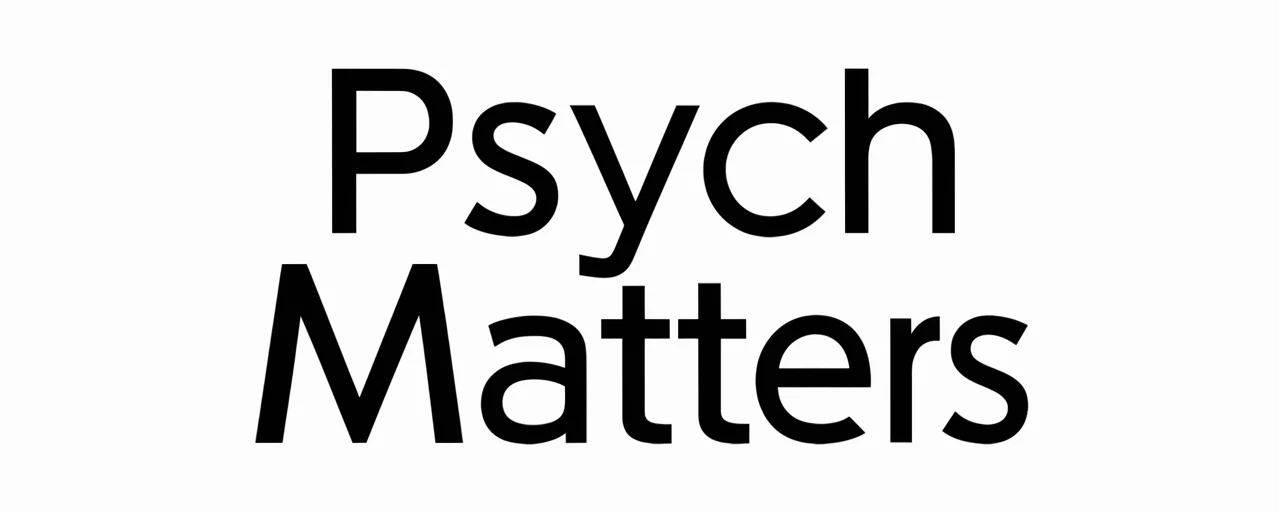Critical Thinking and Skepticism in Psychology: A Practical Guide
Introduction – The Power of Informed Doubt
In psychology, the study of human behavior and mental processes demands more than just knowledge of theories and data; it requires the disciplined application of logic, evaluation, and thoughtful inquiry. Critical thinking provides a structured framework to interpret evidence, identify flawed arguments, and consider alternative viewpoints. At the heart of this process is skepticism — a healthy, evidence-oriented doubt that safeguards against accepting claims without adequate justification. Together, these skills not only refine psychological research and practice but also protect against the cognitive traps that can distort judgment.

Core Principles of Critical Thinking
Critical thinking in psychology involves a systematic approach to assessing claims, rooted in clear reasoning and evidence evaluation. According to a comprehensive overview of key principles, psychologists rely on several foundational ideas when engaging with information and research findings:

- Skepticism: Questioning assumptions and demanding verifiable evidence before accepting conclusions.
- Clarity and Precision: Ensuring terms, concepts, and arguments are well-defined and logically structured.
- Evidence-Based Reasoning: Preferring conclusions supported by empirical research over anecdotal or speculative claims.
- Open-Mindedness: Considering multiple perspectives and being willing to revise one’s position based on new data.
- Bias Awareness: Recognizing how cognitive biases such as confirmation bias and availability heuristics can influence interpretations.
- Avoiding Oversimplification: Accounting for the complexity of psychological processes rather than relying on overly general explanations.
These principles help practitioners navigate psychological phenomena with intellectual humility and reduce errors in judgment, ensuring that interpretations are both scientifically valid and contextually sensitive.
Skepticism as a Defensive Tool
Skepticism functions as a safeguard against misinformation, unfounded beliefs, and dogmatic thinking. As described in research on skepticism, a questioning attitude doesn’t imply cynicism or mistrust of all claims; rather, it means requiring sufficient justification before accepting new information. In the context of scientific psychology, skepticism counteracts intellectual complacency by:

- Encouraging independent assessment rather than deference to authority.
- Promoting rigorous fact checking and evaluation of empirical evidence.
- Reducing susceptibility to pseudoscience and unverified theories.
- Fostering accountability in both research and clinical practice.
This type of rational skepticism integrates with the scientific method, helping psychologists avoid cognitive traps such as confirmation bias and promoting continual refinement of theories.
Critical Thinking vs General Intelligence
While related, critical thinking and general intelligence are distinct constructs. An integrative review suggests that intelligence reflects raw cognitive capacity, such as memory, processing speed, and problem-solving ability, whereas critical thinking encompasses reasoning skills, metacognitive strategies, and dispositional traits such as open-mindedness. This distinction matters for psychology because:

- Individuals with high intelligence may still hold unsubstantiated beliefs if they lack analytical thinking dispositions.
- Strong critical thinking skills better predict the rejection of pseudoscience and conspiracy theories than intelligence scores alone.
- Cognitive psychology research shows that reflective thinking and epistemic cognition, central to critical thinking, are learned skills rather than fixed traits.
Thus, cultivating reasoning abilities alongside cognitive aptitude is essential for accurate belief formation and scientific skepticism.
Applying Critical Thinking in Research and Practice
In psychological research and clinical contexts, critical thinking provides a foundation for reliable outcomes and ethical decision-making. As outlined in resources on its application:

- Research Design: Formulating precise hypotheses, accounting for confounding variables, and using appropriate statistical analyses.
- Data Interpretation: Avoiding overgeneralization, identifying limitations, and distinguishing correlation from causation.
- Clinical Decision-Making: Evaluating client symptoms while remaining aware of confirmation bias, using evidence-based interventions.
- Theoretical Advancements: Challenging prevailing models when empirical evidence suggests alternative explanations.
This disciplined approach supports the credibility of psychology research and improves mental health outcomes through accurate, individualized treatment planning.
Cultivating Your Skeptical Mindset
Developing healthy skepticism is a deliberate process that involves both cognitive skills and reflective habits. According to educational perspectives on critical thinking, effective strategies include:
- Metacognition: Regularly reflecting on your own thinking processes to identify assumptions and potential errors.
- Identifying Biases: Actively seeking evidence that challenges your current beliefs to counteract confirmation bias.
- Using Structured Reasoning: Applying deductive and inductive reasoning frameworks to test claims logically.
- Practicing Analytical Thinking: Engaging with diverse perspectives and case studies to sharpen evaluation skills.
- Fact-Checking Sources: Confirming the credibility of information through peer-reviewed journals and reputable databases.
This mindset supports media literacy, helps detect flawed arguments and logical fallacies, and strengthens evidence-based thinking in both academic and everyday settings.
Conclusion – Embrace Reasoned Doubt
Critical thinking and skepticism offer psychologists and students a disciplined framework for navigating complex claims about human behavior. By integrating evidence-based reasoning, intellectual humility, and a healthy measure of doubt, professionals in the field can better detect errors, reduce bias, and contribute to the growth of psychological science. This careful, reflective approach ensures that conclusions are not only logically sound but also grounded in verifiable evidence.







